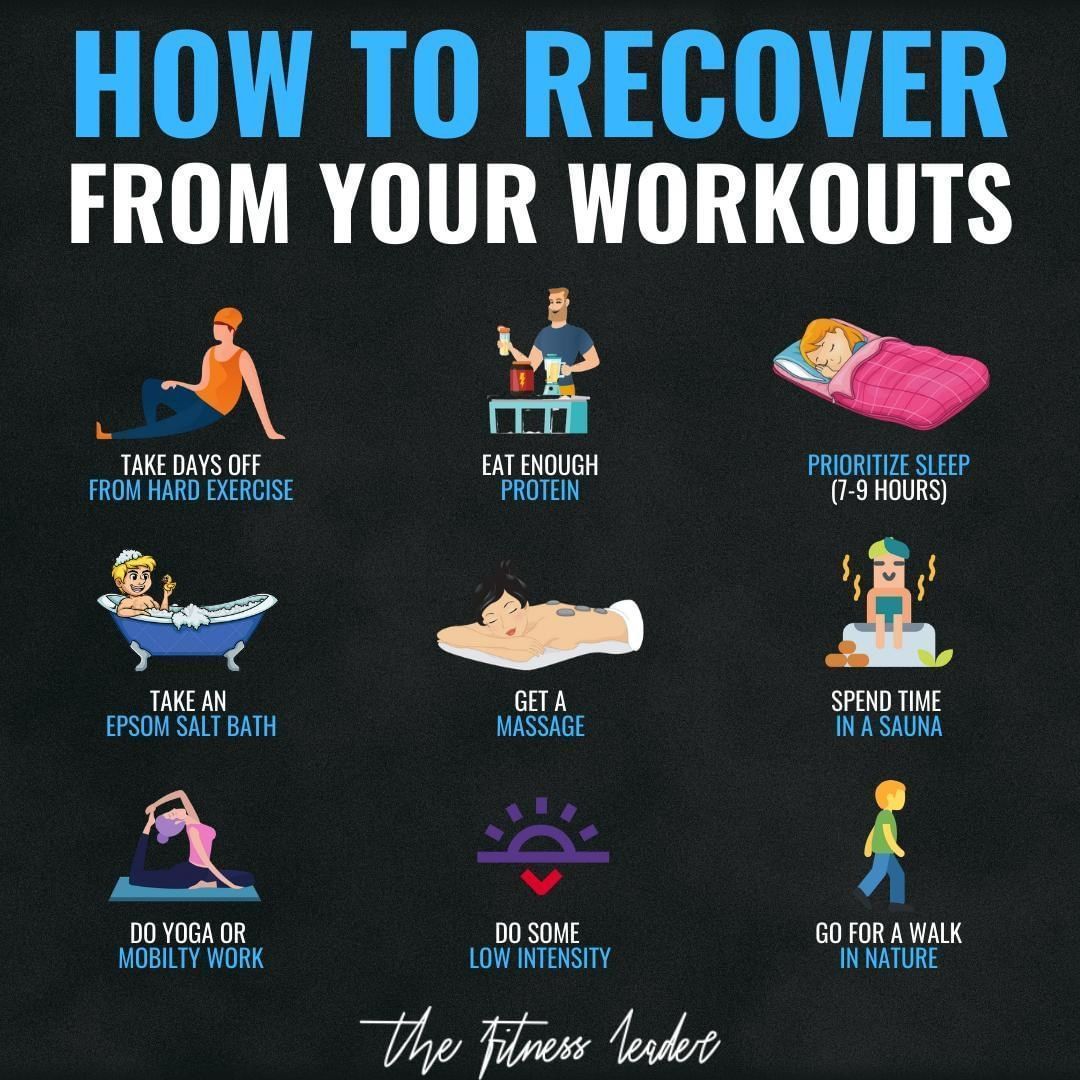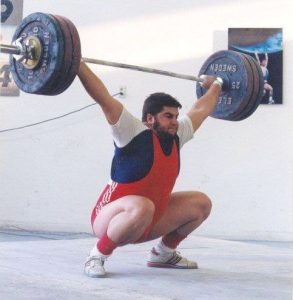
Weightlifting is a demanding athletic pursuit that requires strength, power, and discipline. It not only challenges the physical capabilities but also tests mental resilience. While consistent training and proper nutrition are crucial aspects of any weightlifting program, the role of recovery should not be overlooked. In fact, recovery is an essential part of the training process that enables athletes to improve performance, prevent injury, and achieve their fitness goals.
1. Muscle Repair and Growth
Weightlifting involves intense muscle contractions that lead to microscopic damage in the muscle fibers. During recovery, these muscles undergo repair and adaptation, causing them to become stronger and more resilient. Adequate rest periods between training sessions allow the body to repair damaged tissues and stimulate muscle growth. Failing to incorporate sufficient recovery time can increase the risk of overtraining, which can lead to poor performance and even injuries.
2. Hormonal Balance
Intense weightlifting sessions trigger the release of various hormones, including testosterone and growth hormone, which play vital roles in muscle development and recovery. However, overtraining and inadequate rest can disrupt the delicate hormonal balance, leading to a decrease in testosterone levels and an increase in cortisol (a stress hormone) levels. This hormonal imbalance can compromise muscle growth, delay recovery, and negatively impact overall performance. Prioritizing recovery helps maintain a healthy hormonal profile, supporting optimal muscle development and overall well-being.
3. Central Nervous System (CNS) Recovery
While weightlifting primarily focuses on building muscle strength, it also places a significant demand on the central nervous system (CNS). The CNS controls muscular contractions, coordination, and the overall body’s ability to generate force. Intense weightlifting sessions can fatigue the CNS, leading to diminished performance, slower reaction times, and decreased strength. Sufficient recovery time allows the CNS to recharge, enhancing performance and reducing the risk of injury.
4. Injury Prevention
Weightlifting is a physically demanding sport that places significant stress on the muscles, joints, and connective tissues. Without ample recovery, these structures become susceptible to wear and tear, increasing the risk of injuries. Recovery practices such as rest days, mobility work, stretching, and proper nutrition provide the necessary conditions for tissue repair and injury prevention. Ignoring recovery can lead to overuse injuries, muscle imbalances, and chronic pain, hindering progress in weightlifting.
5. Mental Refreshment
Weightlifting requires mental focus, concentration, and determination. However, constant high-intensity training without adequate recovery can lead to mental burnout and decreased motivation. In addition to physical recovery, incorporating relaxation techniques, such as mindfulness exercises, meditation, and quality sleep, helps refresh the mind and enhance mental well-being. A fresh and focused mindset translates into improved training sessions and better overall performance.
Conclusion
In the world of weightlifting, recovery is not a luxury; it is a necessity. Giving your body the time it needs to repair, adapt, and recharge is essential for progressing in your weightlifting journey. Whether you are an amateur lifter or a professional athlete, incorporating proper recovery techniques into your training regimen will help you achieve your goals both physically and mentally. Prioritizing recovery allows for optimal muscle growth, hormonal balance, efficient CNS function, injury prevention, and mental rejuvenation. So, embrace the vital role that recovery plays and unlock your full potential as a weightlifter.

